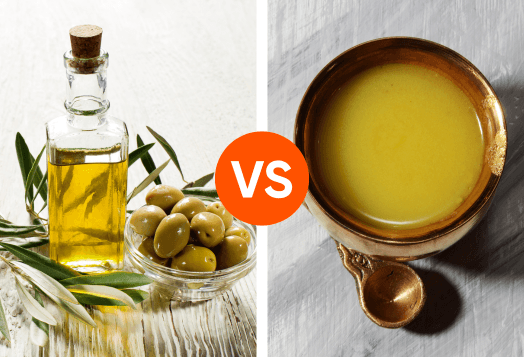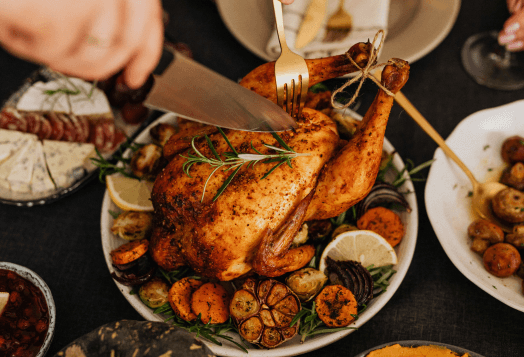Wondering why your expensive serums and shampoos aren't giving you the glowing skin and lustrous hair you see in advertisements? The secret might not be in your bathroom cabinet but in your kitchen. The right foods, packed with essential nutrients for glowing skin and healthy hair, can do wonders—without the heavy budget.
Let’s explore why internal care is more important than external care.
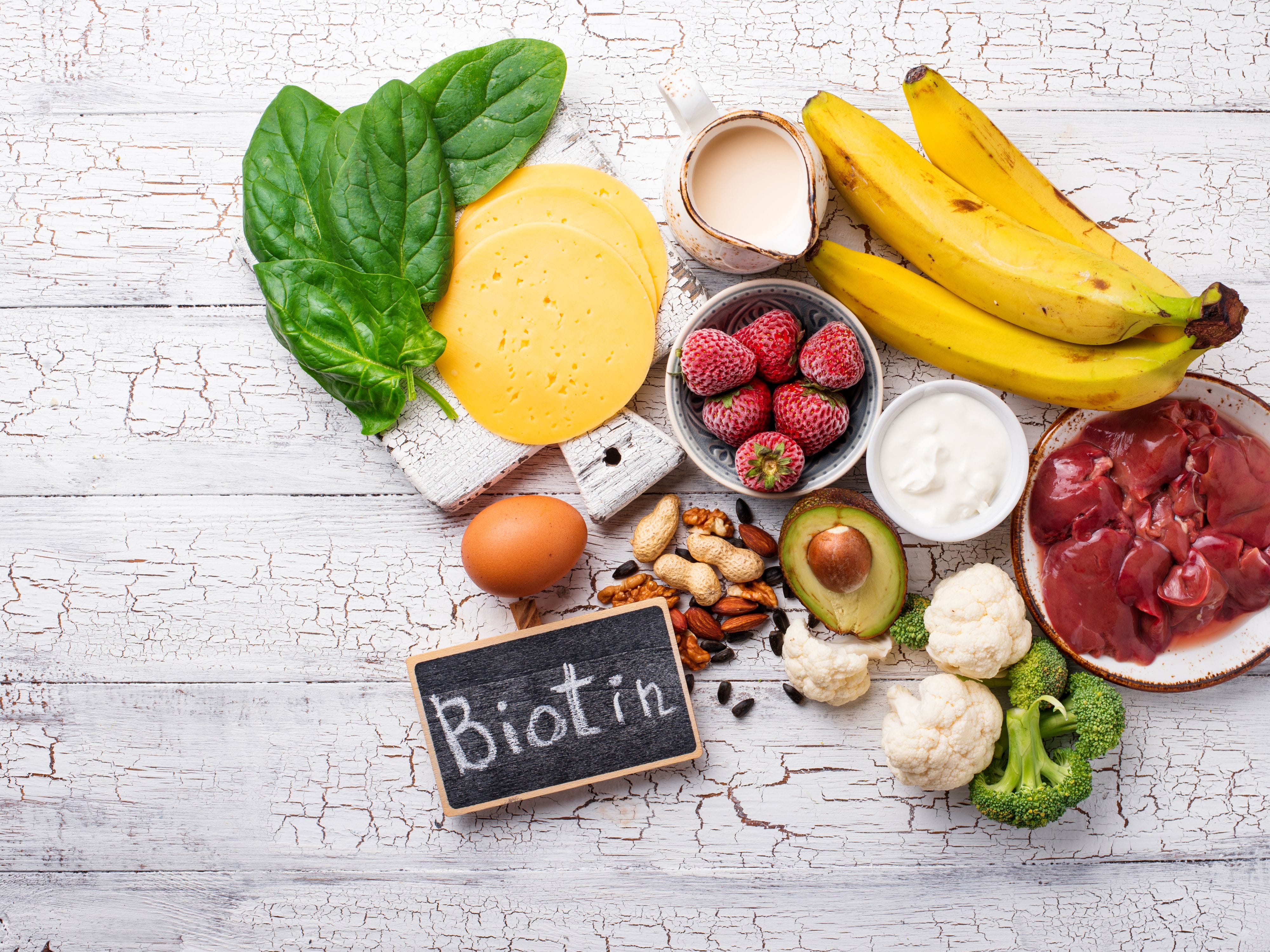
The Connection Between Nutrition and Skin & Hair Health
Think of your body as a complex factory. Your skin and hair are like the final products that show how well the factory is running. They're not just surface features—they're living, breathing indicators of your overall health.
Your skin, being the largest organ in your body, requires a constant supply of nutrients to maintain its barrier function, elasticity, and glow. Hair follicles, deeply rooted in your skin, need specific nutrients to produce strong, healthy strands.
When your body doesn't get enough of the right nutrients, it shows up in obvious ways:
Your skin might become dry, dull, or prone to breakouts
Your hair might start thinning or breaking easily
You might notice early signs of ageing, like fine lines
Your skin might become more sensitive or take longer to heal
But here's the exciting part: when you provide your body with the right nutritional building blocks, it can repair and rejuvenate itself in remarkable ways.
Even better, these changes often start showing up within just a few weeks of improving your diet.
How Nutrient Absorption Works
Getting good nutrients into your body is only half the battle—your body needs to properly absorb and use them too.
Think of your digestive system as a filtering system, with your small intestine doing most of the heavy lifting when it comes to nutrient absorption.
Several key factors influence how well your body can use the nutrients you consume:
Gut Health: Your Internal Garden
Just like a garden needs the right balance of soil bacteria to help plants thrive, your gut needs a healthy microbiome to break down food and absorb nutrients effectively. This is why probiotic-rich foods are so important:
Yogurt and kefir provide beneficial bacteria
Fermented vegetables like kimchi and sauerkraut support gut diversity
Fiber-rich foods feed your good gut bacteria
Healthy Fats Matter
Some nutrients are like shy guests at a party—they need the right partner to really shine. Fat-soluble vitamins (A, D, E, and K) need healthy fats to be properly absorbed. This is why including sources of healthy fats in your diet is crucial:
Avocados provide creamy, nutrient-rich fats
Nuts and seeds offer concentrated sources of healthy oils
Olive oil and coconut oil help absorption when used in cooking
Perfect Pairings
Some nutrients work better as a team. Understanding these partnerships can help you maximize absorption:
Vitamin C helps your body absorb iron better (try adding lemon to your spinach salad)
Vitamin D helps calcium absorption (think sunshine and dairy)
Zinc works more effectively when taken with protein
Watch Out For These Absorption Blockers
Just as there are helpers, there are also hindrances to nutrient absorption:
Excessive caffeine can interfere with iron absorption
Too much alcohol can deplete various nutrients
Processed foods can disrupt gut health
Stress can impact digestion and absorption
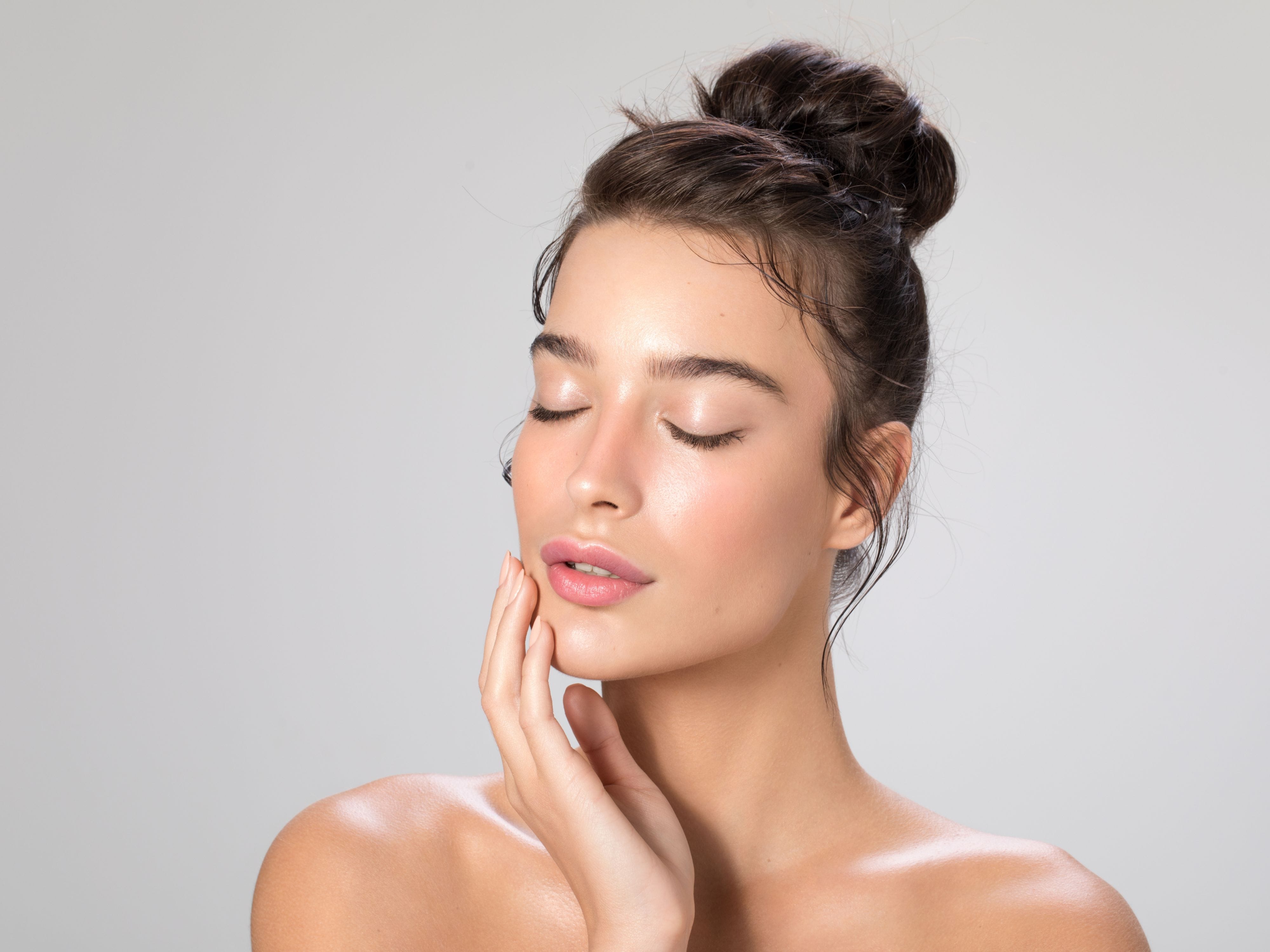
Glow Naturally with These Nutrients
1. Vitamin C – The Collagen Booster
Vitamin C is essential for collagen synthesis, which keeps skin firm and youthful. This antioxidant protects against free radical damage caused by pollution and UV exposure.
Sources: Citrus fruits (oranges, lemons), bell peppers, strawberries, and kiwi.
Insights: Vitamin C deficiency can lead to scurvy, characterized by rough, dry skin and poor wound healing.
2. Vitamin E – The Skin Shield
Vitamin E is a powerful antioxidant that protects the skin from oxidative stress and UV damage, reducing the risk of premature aging.
Sources: Nuts (almonds, walnuts), seeds (sunflower seeds), spinach, and avocados.
Insights: Vitamin E reduces skin inflammation and enhances moisture retention.
3. Omega-3 Fatty Acids – The Hydration Hero
Omega-3 fatty acids help maintain the skin’s lipid barrier, preventing dryness and irritation. They also reduce inflammation, which can help with acne and redness.
Sources: Fatty fish (salmon, mackerel), flaxseeds, walnuts, and chia seeds.
Insights: Omega-3 supplementation improves skin elasticity and hydration.
4. Zinc – The Acne Fighter
Zinc plays a critical role in wound healing, reducing acne breakouts, and regulating oil production.
Sources: Pumpkin seeds, chickpeas, lentils, and lean meats.
Insights: A research found that Individuals with acne often have lower zinc levels.
5. Water – The Ultimate Detoxifier
Hydration is key to flushing out toxins and keeping the skin plump and glowing. Dehydrated skin appears dull and is more prone to fine lines.
Tip: Aim for at least 8 glasses of water daily, and include water-rich foods like cucumbers, watermelon, and celery.
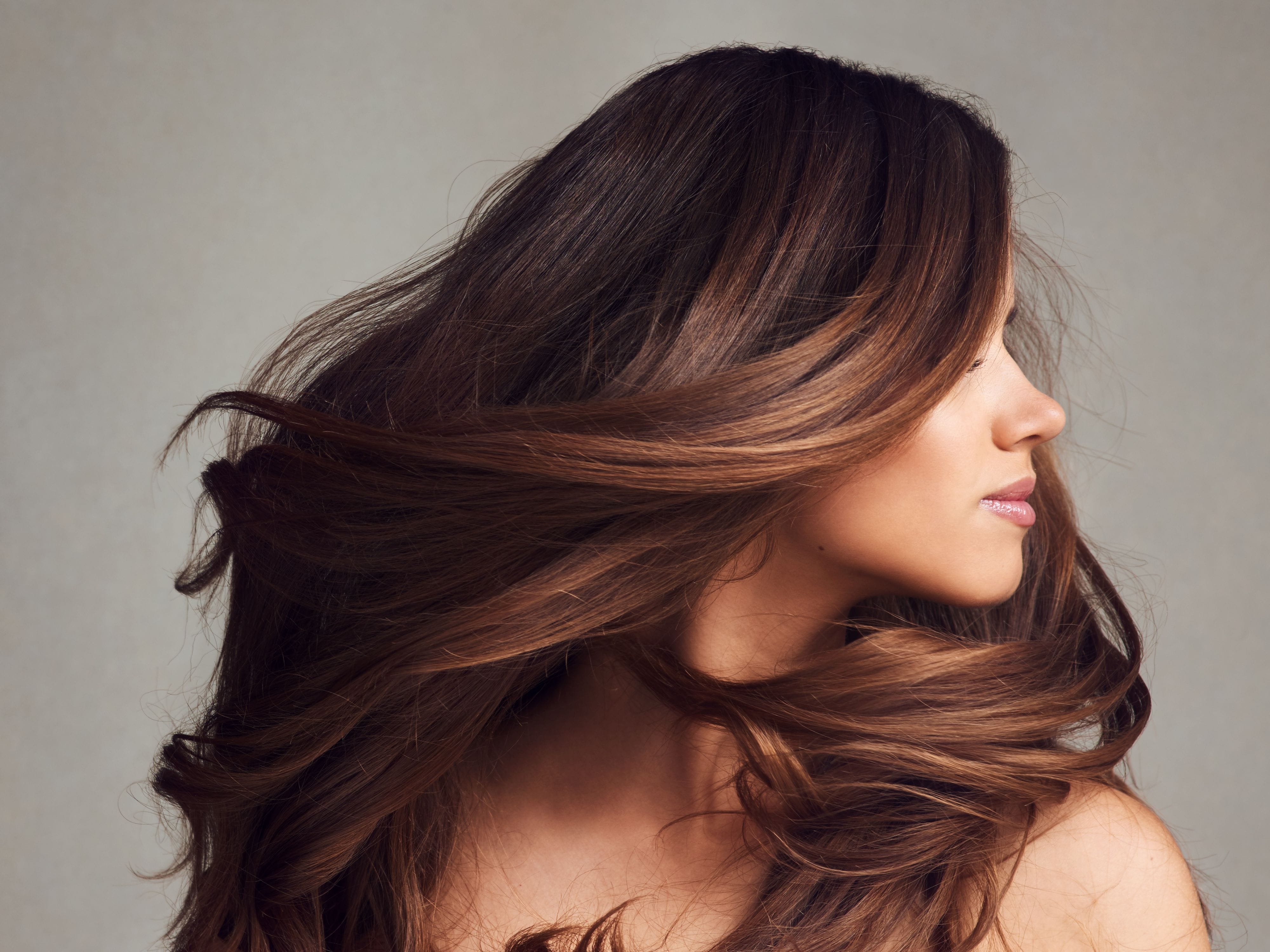
Nourish Your Hair with the Right Nutrients
1. Biotin – The Hair Strengthener
Biotin (Vitamin B7) is crucial for keratin production, a protein that makes up hair strands. Deficiency in biotin can lead to hair thinning and breakage.
Sources: Eggs, almonds, sweet potatoes, and bananas.
Insights: A study reported that biotin supplementation improved hair growth in individuals with thinning hair.
2. Protein – The Building Block
Hair is primarily made up of keratin, a type of protein. A protein-deficient diet can lead to weak, brittle hair that breaks easily.
Sources: Lean meats, fish, dairy products, beans, and legumes.
Insights: Having adequate protein intake is essential for healthy hair growth and repair.
3. Iron – The Oxygen Carrier
Iron helps red blood cells deliver oxygen to hair follicles. A deficiency in iron (anaemia) is a leading cause of hair loss, particularly in women.
Sources: Spinach, lentils, red meat, and fortified cereals.
Insights: A study found that hair loss treatments were enhanced when Iron deficiency was addressed.
4. Vitamin A – The Scalp Nourisher
Vitamin A aids in sebum production, which keeps the scalp moisturized and prevents hair from becoming dry and brittle.
Sources: Carrots, sweet potatoes, and dark leafy greens.
Insights: Vitamin A helps maintain healthy hair follicles.
5. Vitamin D – The Hair Growth Stimulator
Vitamin D plays a role in the creation of new hair follicles. Low levels are associated with conditions like alopecia.
Sources: Sunlight exposure, fatty fish, mushrooms, and fortified dairy products.
Insights: Vitamin D deficiency may lead to hair loss.
Skin and Hair Care Tips You Must-Know
Make it easy with these simple rules:
Everyday Dos:
Fill half your plate with colorful vegetables
Include protein in every meal
Snack on nuts and seeds
Drink water throughout the day
What to Avoid:
Cut back on sugary treats
Limit processed foods
Watch your alcohol intake
Reduce excessive caffeine
Smart Swaps:
Choose green tea over coffee sometimes
Pick dark chocolate over candy
Opt for fruit instead of sugary snacks
Replace soda with infused water
Power Foods to Add:
Berries (antioxidant boost)
Turmeric (anti-inflammatory)
Green tea (skin protection)
Dark chocolate (skin-loving flavonoids)
Common Questions About Nutrition for Skin and Hair Health
1. I eat healthy, but my skin still breaks out during stressful times. Why?
While nutrition is important, stress can trigger hormonal changes that affect your skin. Focus on stress-reducing activities and foods rich in omega-3s and vitamin C, which help combat stress effects on your skin.
2. I'm always on the go. How can I make sure I'm getting enough nutrients?
Think of nutrient-dense foods that travel well. Prepare mason jar salads with colorful vegetables, nuts, and proteins for lunch. Keep a mix of almonds, dried fruits, and dark chocolate in your bag. Even a quality daily multivitamin can help fill the gaps when you're busy. Remember, something is always better than nothing!
3. Will drinking more water really help my skin, or is that just a myth?
It's absolutely true! When you're dehydrated, your skin cells don't function at their best. Think of your skin like a plant - it needs water to look fresh and vibrant. Aim for 8 glasses daily, and notice how your skin becomes more plump and glowing.
Pro tip: Set reminders on your phone or keep a marked water bottle on your desk.
4. I'm losing more hair than usual. Could it be my diet?
Yes, sudden hair loss can often be linked to low iron or protein intake. Think about whether you've recently changed your diet or have been eating less meat (if you're a meat-eater). Consider getting your iron levels checked and adding more iron-rich foods like lentils and spinach to your meals. Combine these with vitamin C-rich foods to boost absorption.
Your Journey to Natural Beauty
Think of your body as a garden—what you plant and how you nurture it determines what grows.
You don't need expensive products or complicated routines for healthy, glowing skin and strong, beautiful hair–you need nutrients. Start with small, consistent changes to your diet, and watch as your body transforms.
Every bite you take is an opportunity to nourish your body and enhance your natural beauty. Your future self will thank you for the healthy choices you make today.

Disclaimer: This information provided is intended for general informational purposes only. It is not a substitute for professional advice or guidance. For personalised recommendations or specific concerns, please consult a certified professional.


